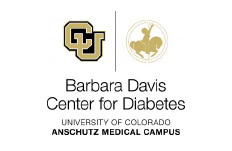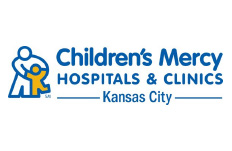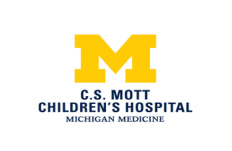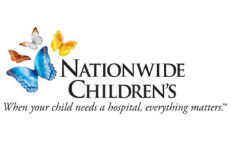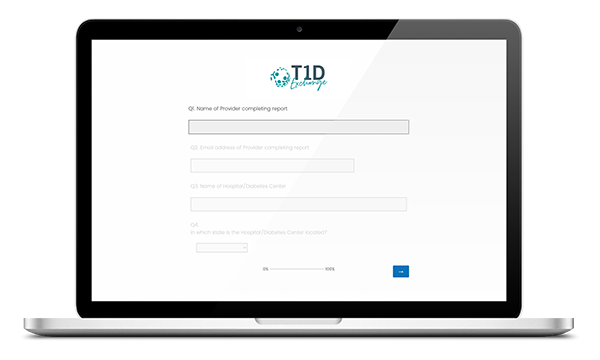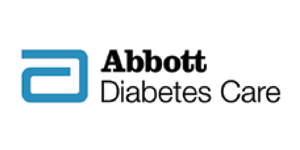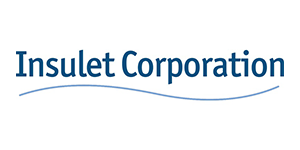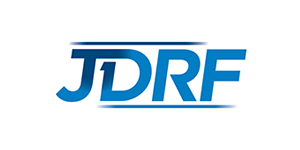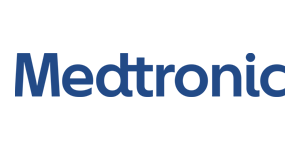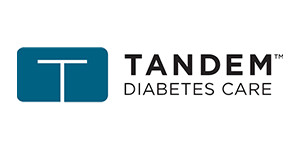Surveillance of COVID-19 in Patients with T1D
Study Overview
To help coordinate the response to the novel coronavirus sweeping the globe, T1D Exchange is working with the clinics in its Quality Improvement Collaborative (QIC) and other clinics and partners around the country to gain a deeper understanding of how COVID-19 is affecting people with type 1 diabetes.
The study has 64 participating clinics and counting, 14 of these from our QIC. Additional clinic recruitment is ongoing. Our Quality Improvement Team will employ survey and electronic medical records (EMR) data over the course of the next year to gain critical insights, which we hope will drive advances in quality improvement and care best practices for patients struggling with complications and pre-existing conditions.
Study Objectives
T1D Exchange aims to achieve three key objectives through the proposed study. We will conduct a population health surveillance of individuals with T1D who are suspected or confirmed to have contracted COVID-19. Through the aggregate survey and EMR data entered into REDCap we will estimate the rate of COVID-19 infection among individuals with T1D. Additionally, we will estimate the rates of adverse outcomes, such as DKA, among COVID-19 positive, presumed positive, or suspected cases in the T1D population. These critical insights will allow clinicians to make informed decisions in how to best manage these co-occurring conditions, and potentially, prevent related severe complications or death.
As of April 5, 2020, more than 304,000 confirmed COVID-19 cases and 7,616 deaths have been documented in the United States. Although anyone can contract COVID-19, individuals with pre-existing medical conditions, such as diabetes, appear to be more vulnerable to becoming severely ill with the virus. Initial data from COVID-19 cases, recently reported by the American Diabetes Association, show that individuals with uncontrolled diabetes are more likely to have worse outcomes. Specifically, for individuals with type 1 diabetes (T1D), a chronic autoimmune disorder where the pancreas does not produce the insulin required to control blood sugar levels, an infection may lead to severe adverse outcomes such as Diabetic Ketoacidosis (DKA), and other serious complications or death.
Because the first reported case of COVID-19 was recorded in December 2019, data regarding the etiology, successful treatment and patient outcomes related to the virus is extremely limited. One clear determination is the correlation between certain underlying health conditions, such as diabetes, and the severity of systems and outcomes for patients who are confirmed to have contracted the virus. On March 28, 2020, the CDC reported that 7,162 individuals who had tested positive for COVID-19 had reported data regarding underlying health conditions. Of these 7,162 confirmed cases, 2,692 had one or more underlying health conditions or risk factors. Through this reported data, the CDC found that the percentage of COVID-19 patients with at least one underlying health condition or risk factor was higher among those requiring intensive care unit (ICU) admission (358 of 457, 78%) and those requiring hospitalization without ICU admission (732 of 1,037, 71%) than that among those who were not hospitalized (1,388 of 5,143, 27%).
Through the longitudinal dataset we continue to gather through our Virtual Registry and the QIC, T1D Exchange has witnessed firsthand the impact proactive management can have on patient outcomes in the T1D community. Therefore, we strive to collect data from confirmed, presumed positive and suspected COVID-19 cases within this community in order aid clinicians in making informed decisions regarding care delivery and population health policies for individuals living with the co-occurring conditions of COVID-19 and T1D. Through the proposed surveillance study, T1D Exchange will facilitate real time data collection and analysis activities which will be critical in preparing management strategies for this at risk population. In entering the survey and EMR data of their suspected or confirmed COVID-19 cases into the online REDCap survey tool, the clinics will gain the ability to quickly contribute to the creation of a large scale dataset which will support them in establishing effective protocols for treating T1D patients experiencing this unprecedented illness. T1D Exchange is committed to supporting this rapid implementation of care practices for T1D patients who have or are suspected to have contracted the virus through the use of our network of partner clinics and the extensive population health expertise of our Quality Improvement team.
Thank You
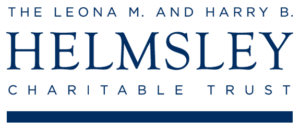
Thank you to the Helmsley Charitable Trust for the support of the Quality Improvement Collaborative at T1D Exchange.
Partners
Clinics
